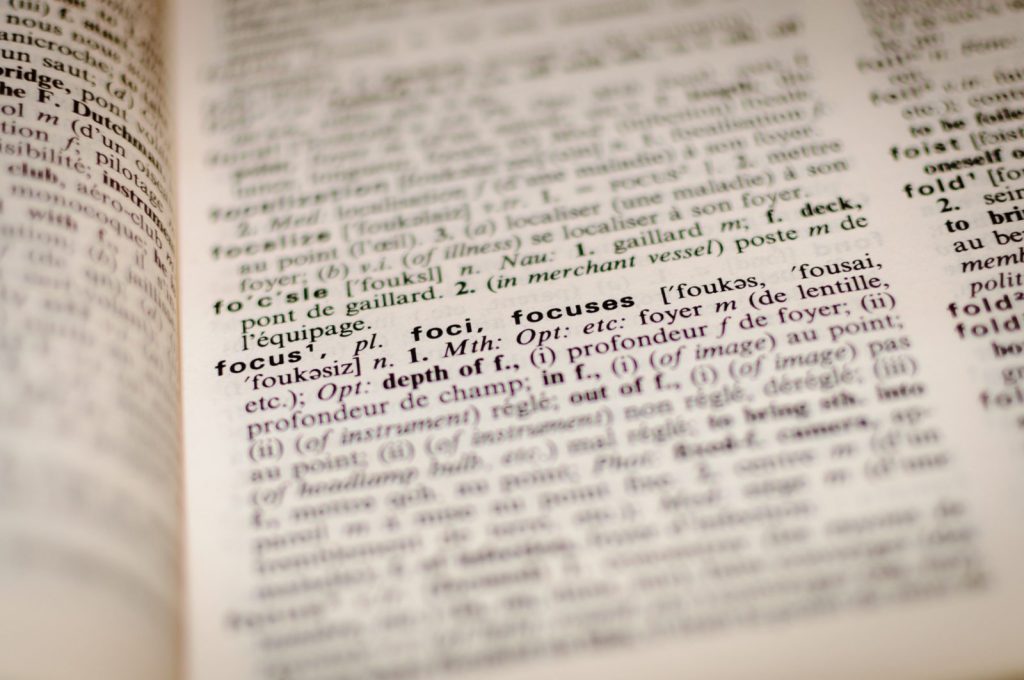About ADHD – Overview
Everybody can have difficulty sitting still, paying attention or controlling impulsive behavior once in a while. For some people, however, the problems are so pervasive and persistent that they interfere with every aspect of their life: home, academic, social and work. Attention-deficit/hyperactivity disorder (ADHD) is a neurodevelopmental disorder affecting 11 percent of school-age children. Symptoms…
Read MoreADHD Across the Lifespan (infographic)
ADHD is a disorder that can affect individuals across the lifespan. It is characterized by inattention and/or hyperactivity-impulsivity. This infographic lists some of the key issues that individuals with ADHD typically face at different phases of life.
Read MoreGeneral Prevalence of ADHD in Children
UNITED STATES Using data from the 2022 National Survey of Children’s Health, Danielson, Claussen, Bitsko et al (2024) determined recent ADHD prevalence and treatment among U.S. children and adolescents aged 3-17: 7.1 million children (11.4 percent), or approximately 1 in 9 children, have ever been diagnosed with ADHD, including: 274,000 (2.4 percent) young children ages…
Read MoreGeneral Prevalence of ADHD in Adults
UNITED STATES Staley et al (2024) calculated estimates of ADHD prevalence in adults 18 and older, using data from the National Center for Health Statistics Rapid Surveys System collected during October–November 2023. 15.5 million adults (6.0 percent) have a current diagnosis of ADHD. Prevalence by age: 21.7 percent adults ages 18-24 62.8 percent adults ages…
Read MoreADHD and Autism Spectrum Disorder
Autism spectrum disorder, or ASD, includes what used to be called Autistic Disorder, Asperger syndrome, or Pervasive Developmental Disorder – Not Otherwise Specified, all of which affect a person’s social and emotional skills and nonverbal communication. ASD has many similarities to ADHD, but there are also differences between the two. Can a person be diagnosed…
Read MoreADHD and Coexisting Conditions (infographic)
More than two-thirds of individuals with ADHD have at least one other coexisting condition. This infographic looks at the conditions that co-occur often with ADHD, including anxiety, depression, learning disorders, Tourette syndrome, speech problems, conduct disorder, oppositional defiant disorder (ODD), bipolar disorder, sleep problems and substance abuse.
Read MoreADHD and Sleep Disorders
Many children and adults who have ADHD also have a sleep disorder—almost three out of four children and adolescents, and up to four out of five adults with ADHD. Not getting enough sleep, or needing to sleep at times that don’t mesh with school or work obligations, can have significant long-term effects. Those can include…
Read MoreADHD and Sleep Disorders Diagnosis and Management
Sleep disorders are common among people with ADHD. If you have trouble sleeping, you’ll probably feel the effects at school or work, in your relationships, and while driving and going about your daily life. Diagnosing a sleep disorder Telling a doctor or mental health provider about sleep problems is an important place to start. They’ll…
Read MoreADHD and Tics or Tourette Syndrome
Tourette Syndrome and ADHD frequently co-occur. More than half of children with TS also have ADHD. About one in five children with ADHD also have TS or persistent tic disorders. Symptoms of inattention, hyperactivity, impulsivity, and tics can affect children’s lives at home, at school, or with friends. When a child has both ADHD symptoms…
Read MoreADHD Medications Approved by the US FDA (infographic)
Treatment of ADHD with medication is most effective for reducing the core symptoms of ADHD—inattention, hyperactivity and impulsivity. The US Food and Drug Administration (FDA) has approved several kinds of medications for ADHD that include stimulants (methylphenidate-based and amphetamine-based products) and nonstimulants including atomoxetine and antihypertensives (alpha-2 adrenergic agonists). These medications are listed in the…
Read MoreADHD Quick Facts: About ADHD
Attention-deficit/hyperactivity disorder—ADHD—is a brain-based disorder that affects about one in ten school-aged children. Symptoms continue into adulthood for more than half of those who have it in childhood. People who have ADHD have higher levels of inattention, impulsivity, and/or hyperactivity than their peers. Executive function often is generally impaired when individuals have ADHD. This affects…
Read MoreADHD Quick Facts: ADHD Presentations
Three Possible ADHD Presentations Children need to exhibit six or more symptoms in two or more settings for a diagnosis; older teens and adults should have at least five of the symptoms. The Diagnostic and Statistical Manual of Mental Disorders (DSM-5) lists three presentations of ADHD—Predominantly Inattentive, Hyperactive-Impulsive, and Combined. Inattentive Often: Fails to give…
Read More
